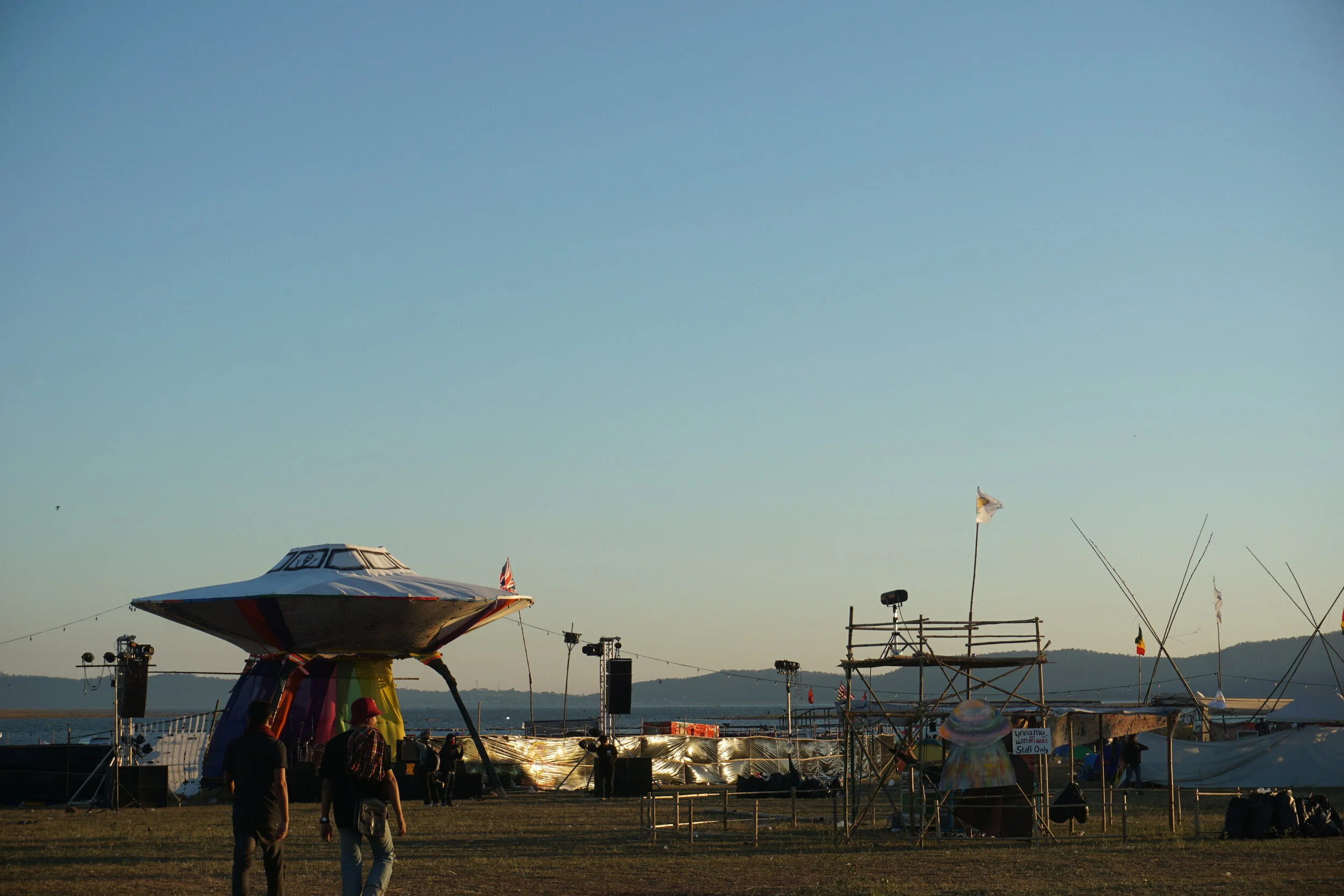
Library
Readings on the Rasi Salai Dam
Consider these critical political ecology questions as your explore the literature:
How do unequal relations in and among societies affect the natural environment and population health?
How can locally held knowledge and power politics influence climate adaptation policy?
How have societal values shaped our relationship with nature and what new cultural narratives can combat today’s environmental crisis?
Rice and Resistance in Rasi Salai
Brandon Block and Praveena Fernes report for Pratchathai from 2020 Rice Festival-a creative protest tool activists used to catalogue the ways the dam has irreparably altered the river and damaged their way of life.
Finding Common Ground: Co-produced Wetland Zoning in Northeast Thailand
Kanokwan Manorom, Surasom Krisanachuta and Carl Middleton reflect on conflict resolution through knowledge co-production in Rasi Salai (2015, Chulalongkorn University).
Social Impacts of the Rasi Salai Dam, Thailand: Loss of Livelihood Security and Social Conflict
February 2000 Southeast Asia Rivers Network (SEARIN) report on social impacts experienced by a sample of dam affected people, with helpful background information.
From Pak Mun to Xayaburi: It’s time to rethink hydroelectric dams along the Mekong
Kanokwan Manorom proposes that the construction of dams on the Mekong River should be suspended (2019, Isaan Record).
Locals use their connections to ancient forest spirits to protest development projects and protect the environment in “the capital city of spirits” (2018, Isaan Record)
The "Greening of Isaan" : politics, ideology and irrigation development in the Northeast of Thailand
Authors François Molle, Philippe Floch, Buapun Promphakping and David J. H. Blake state, “Large-scale and comprehensive development of river basins is a child of colonialism.” This 2009 paper investigates the rhetoric of justification, ideological underpinning, and strategic dimensions of these projects.
Rasi Salai Dam violates people’s cultural rights
Having lost their traditional livelihoods to the dam, the Rasi Salai community is determined not to let it swallow up their cultural traditions as well (2018, Isaan Record).
Bruce Missingham’s 2003 study of the rise of the Assembly of the Poor’s movement against state development projects in Thailand.
Reconfiguring Scale and Power: The Khong-Chi-Mun Project in Northeast Thailand
Chris Sneddon’s 2003 paper uses the case of the Khong-Chi-Mun interbasin transfer project to explore questions of power and scale in the context of state intervention in river basins.
Last updated in 2014, this map catalogues social conflict and environmental impacts stemming from the dam.
A Collaborative Community Consultation Report: Rasi Salai Dam
2010 CIEE Khon Kaen University publication on the history, timeline, and plan for next steps of the fight.
2020 Status of Lower Mekong Mainstream and Tributary Dams
More than 200 large dams planned, completed, or under construction in the lower Mekong Basin will deliver severe fragmentation to the river’s ecosystem and devastate downstream fisheries and agricultural practices.

